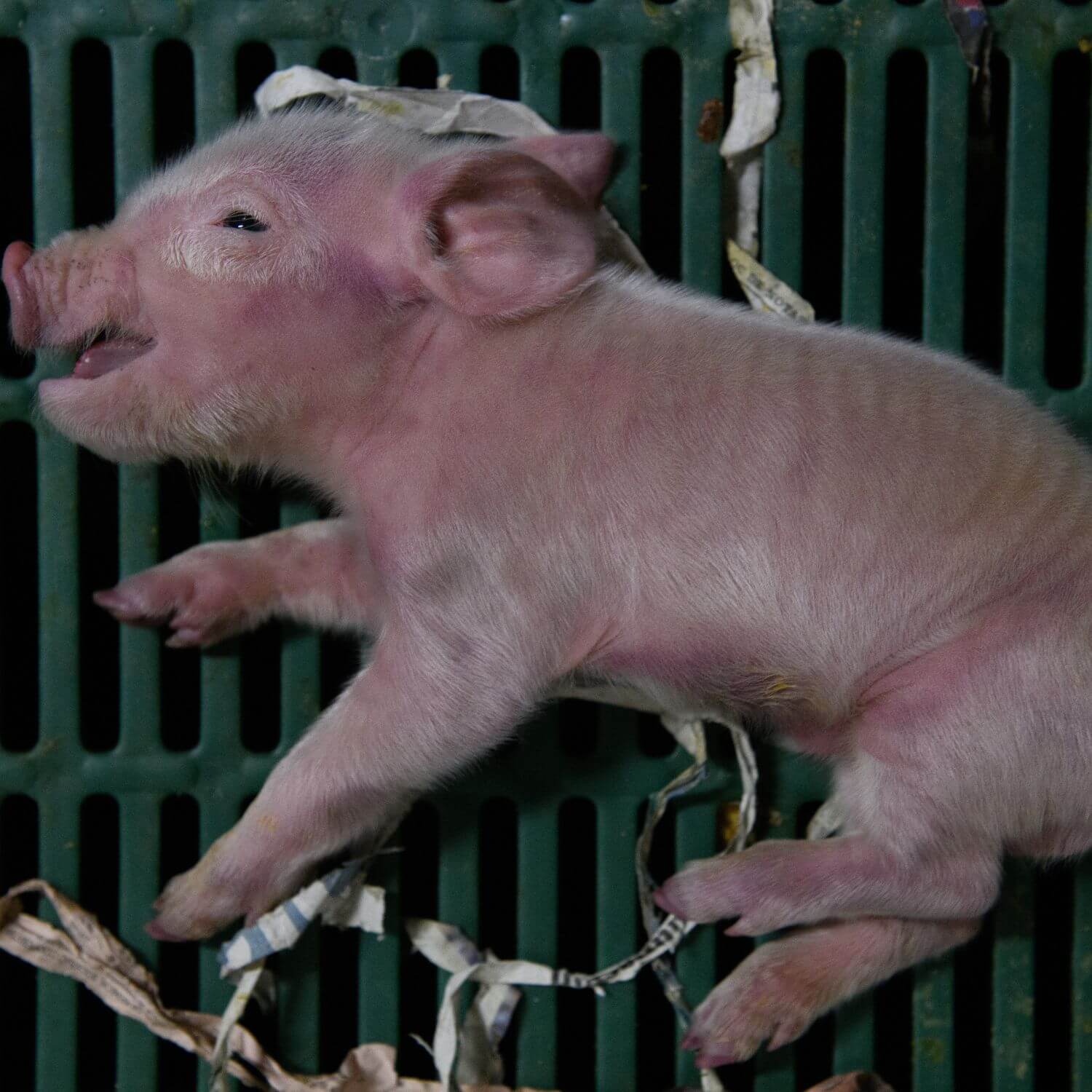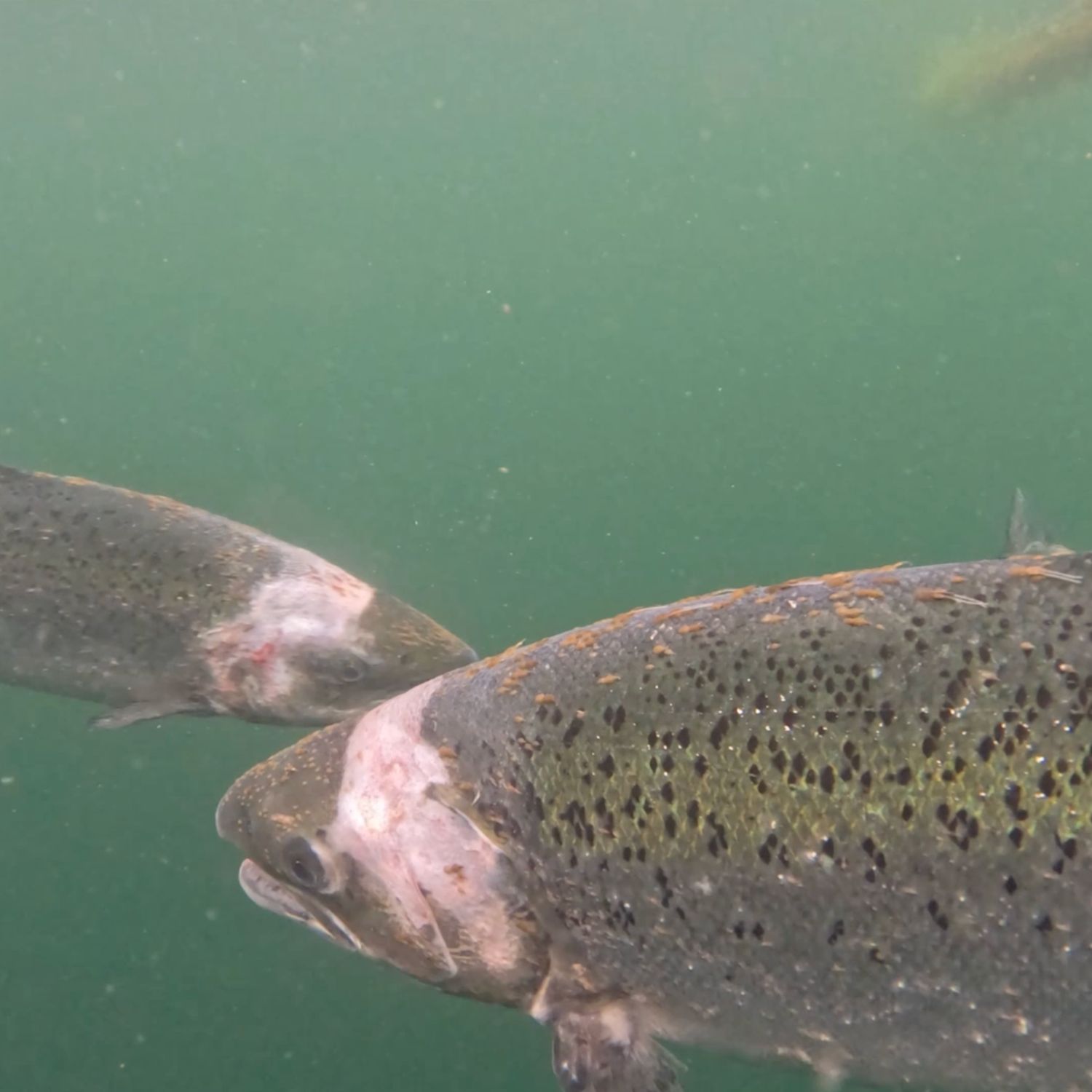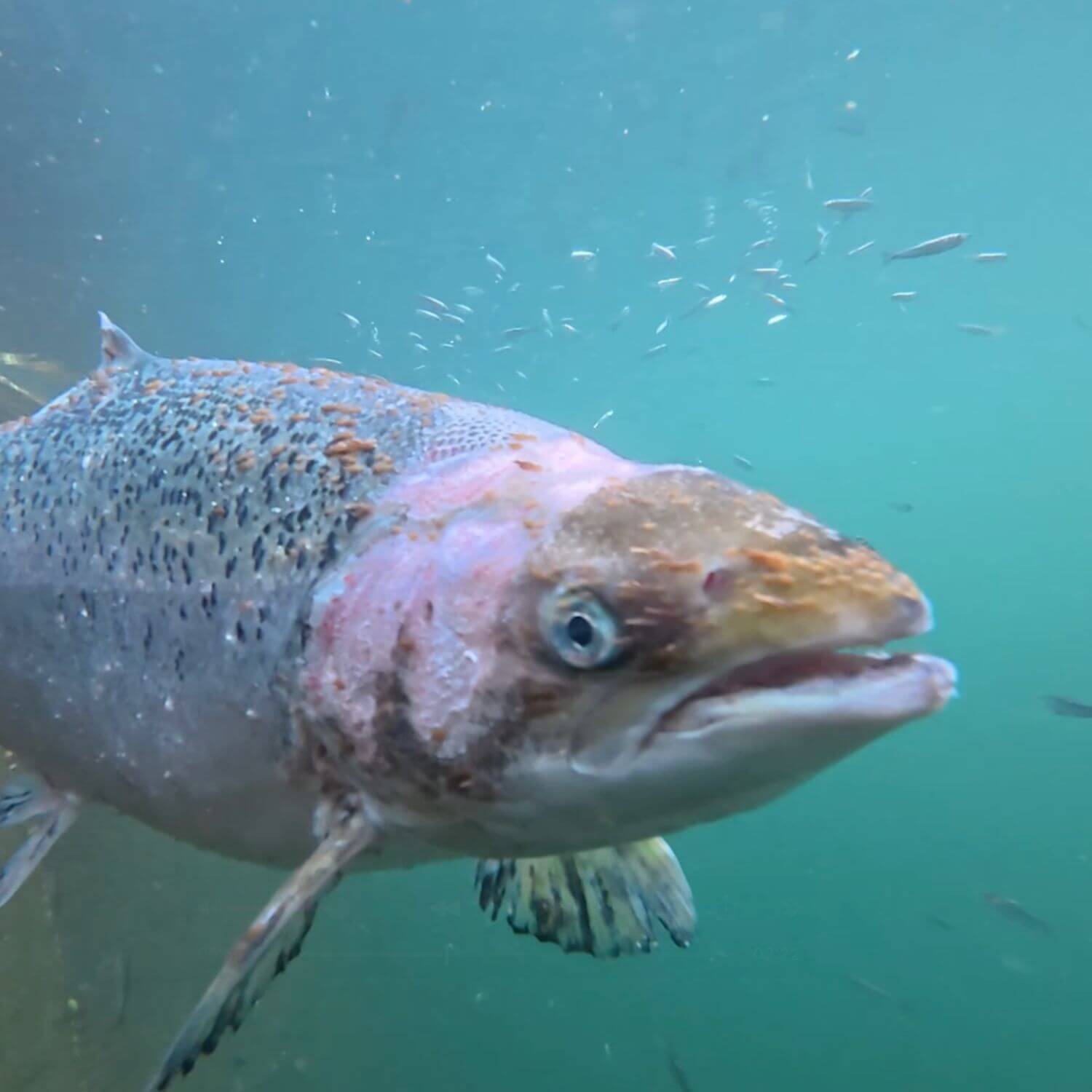Japanese Restaurant Giant Bans Cages for Hens Worldwide

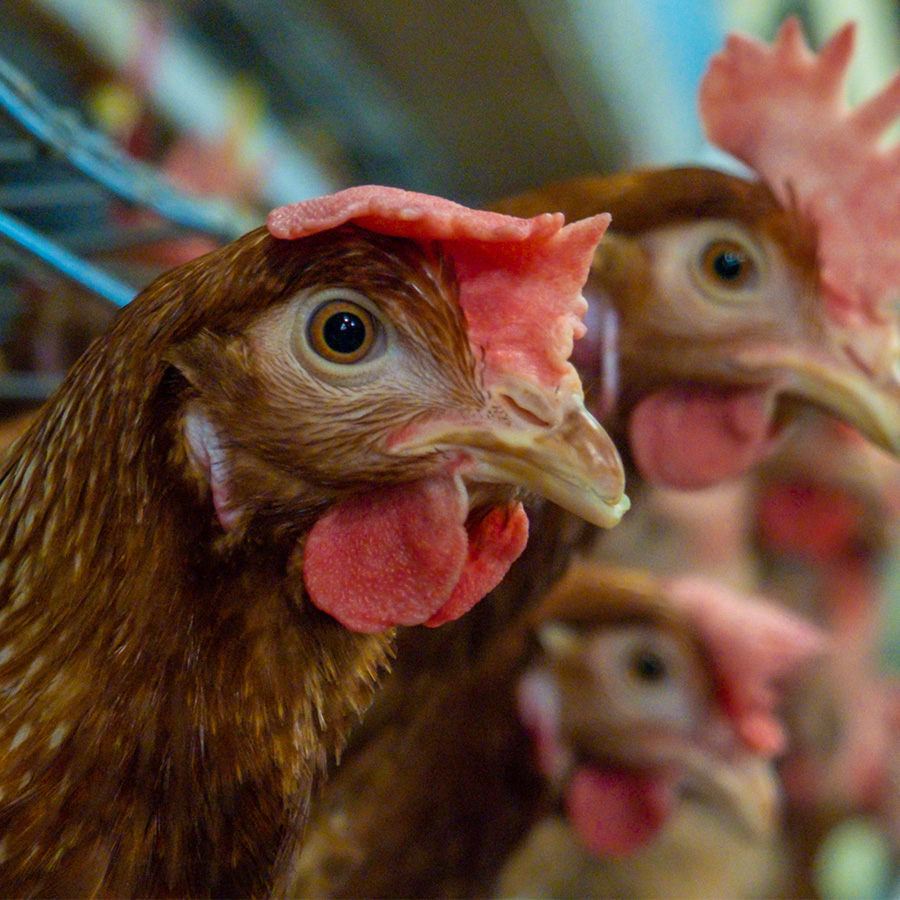
One of the world’s largest restaurant companies, Toridoll, has committed to stop buying eggs from farms using cages by the end of 2023. Toridoll is based in Japan and has 1,700 restaurants in 27 countries around the world.
Toridoll owns a range of restaurant brands including Marugame Udon, Wok to Walk, Kona’s Coffee, and more.
The new commitment comes after animal protection organisations around the world campaigned for Toridoll to make the commitment. Thousands of Animal Equality’s supporters supported the campaign by taking online actions pushing for the ban.
Why Are We Fighting To End Cages For Hens?
Millions of hens around the world spend their entire lives confined in a cage. The cages are so overcrowded that the hens can’t stretch their wings.
Their feet and claws are often damaged as a result of stepping on sharp wiring every day, causing lesions, fissures, and twisted or broken claws.
They often catch other body parts in the caging too which results in fractured or broken bones and deformities. The whole experience is stressful and it’s common for their feathers to fall out.
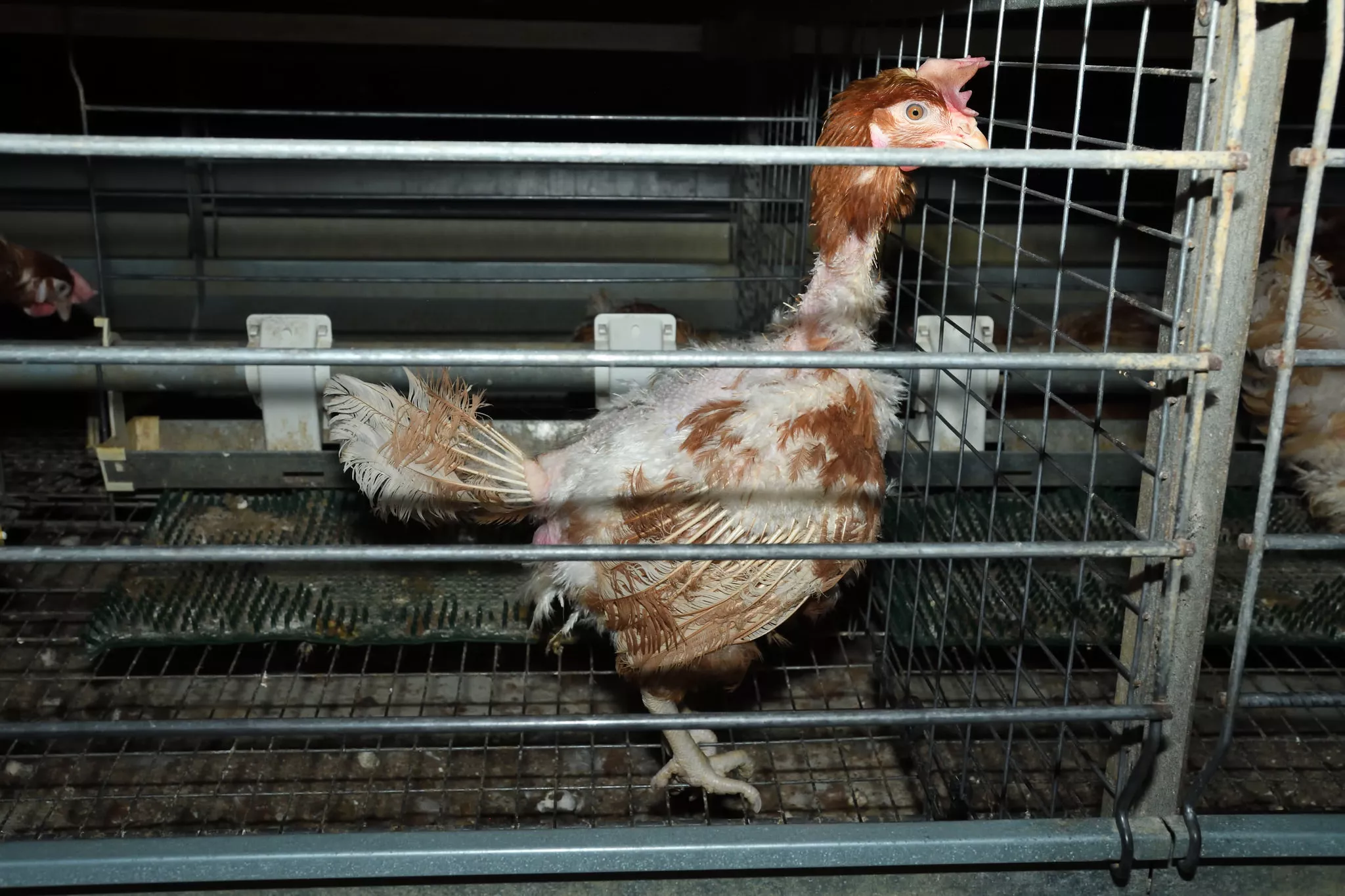
Hens used for their eggs will spend months or even years in the same cage. They’ll never feel the sun on their face or the ground beneath their feet. Some hens cannot endure this extreme suffering and die in their cages.
While cage-free does not mean cruelty-free, banning cages will end one of the cruellest practices in the egg industry. It’s also progress towards stronger protections in the future.
Are Hens Still Kept In Cages In The UK?
Yes, there are millions of hens being confined in cages on egg farms in the UK. There is currently no law completely banning the use of cages.
Battery cages – which are very small – were banned in the UK in 2012, but the ban did not include so-called ‘enriched’ cages. These are larger than conventional battery cages but they still do not allow much space for hens and don’t prevent them from suffering.
Animal Equality has investigated caged-egg farms in the UK which use ‘enriched’ cages. In 2020, Animal Equality investigated an egg farm in West Sussex and found many of the hens were suffering from severe feather loss and were completely bald with raw skin. Others didn’t survive and their bodies were left to decay in cages alongside living hens.
In 2018, Noble Foods – one of the largest egg companies in the UK – committed to end its use of cages after a joint effort by Animal Equality and fellow animal protection organisation, The Humane League.
Noble Foods made the commitment days after Animal Equality released an investigation into a farm linked to the company. The investigation was featured on BBC News.
How Can We Help Hens?
There is significant progress being made around the world to end cages for hens. In 2021, the European Union announced a ban on cages for all farmed animals which it plans to introduce by 2027.
If the European Union follows through on its commitment, an estimated 300 million animals will be spared from a life in a cage every year, including millions of hens used for their eggs.
Animal Equality has also been working alongside animal protection organisations around the world to encourage companies to end their use of caged eggs.
Thanks to our combined efforts, more than 130 companies around the world have committed to go cage-free, including KFC, Burger King, Unilever, Nestlé, Taco Bell, Krispy Kreme, and Costa Coffee. Toridoll is the latest company to make this commitment.
But there’s still a lot more that needs to be done.
Millions of hens are still confined inside cages around the world including in the UK. Animal protection organisations are currently campaigning for the UK to follow the EU in banning cages for animals.
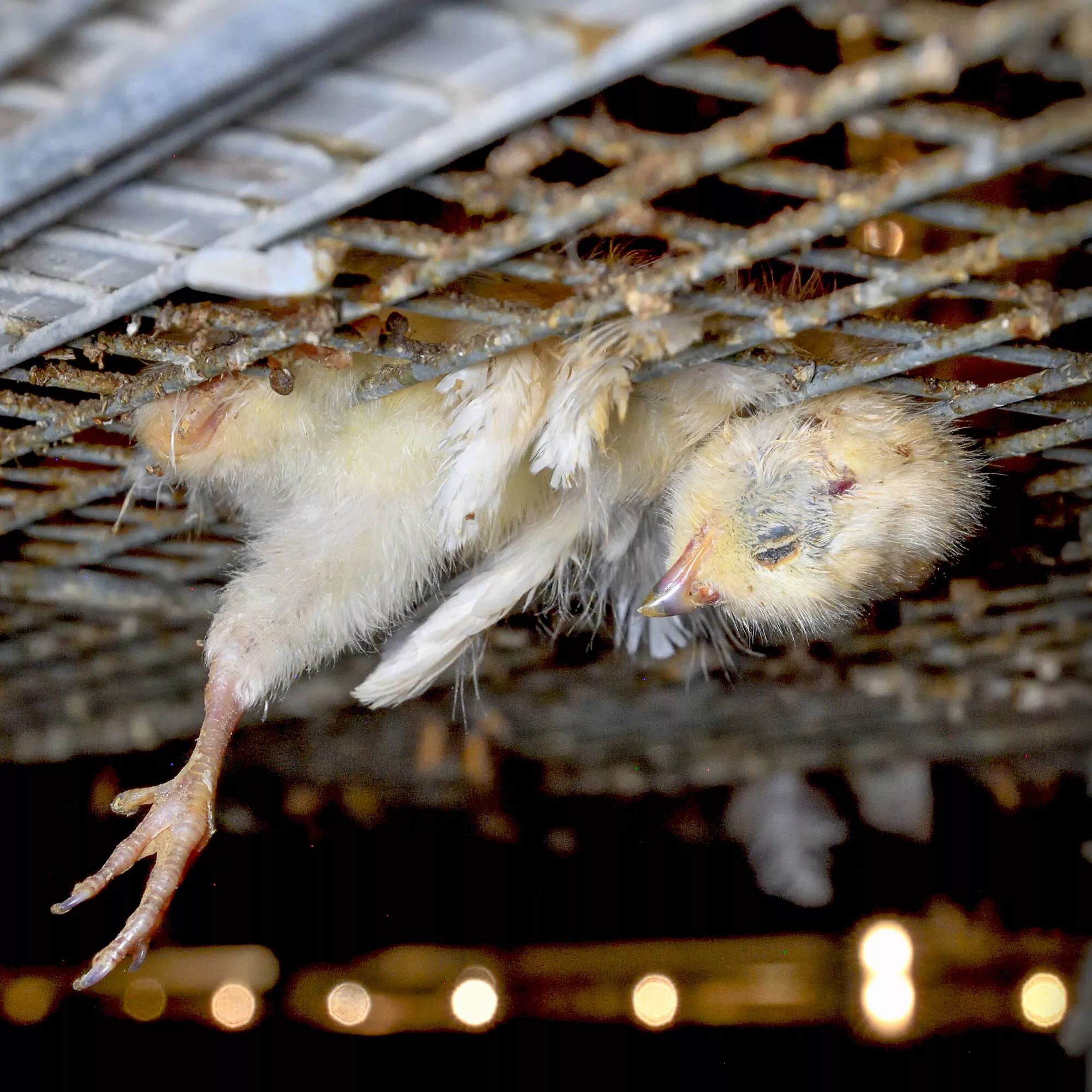
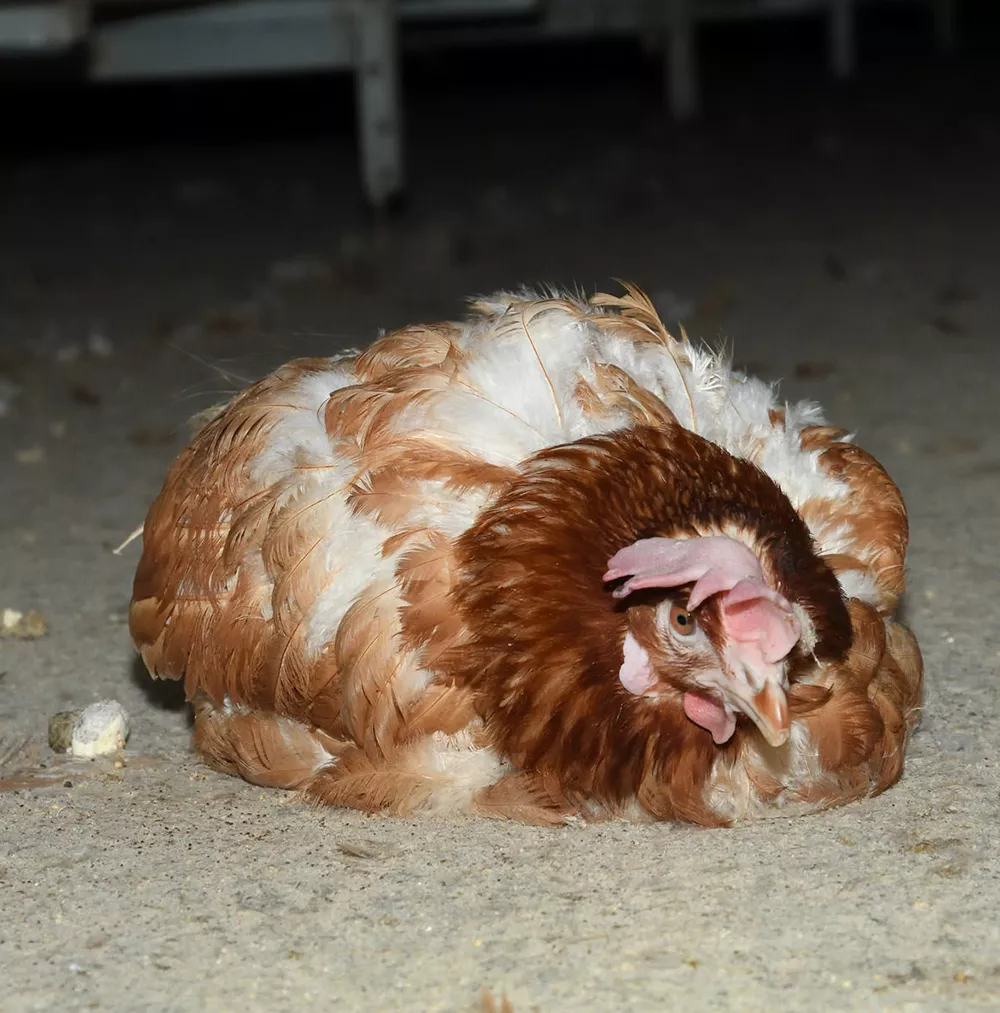
These cage-free commitments and laws will be a significant step towards helping hens, but hens living on other types of farms suffer and need protection too.
Many hens on so-called free-range farms don’t get access to the outdoors and suffer from the same health issues. They’ll also live a fraction of their life-span, being sent to slaughter when they become ‘unproductive’ for the egg industry.
We can all make a difference for hens by leaving eggs off our plate and choosing plant-based alternatives.
You can also support our investigators who bravely go into factory farms and slaughterhouses to uncover animal abuse and neglect. The images and footage they capture show the public what’s really happening on farms and play a crucial role in achieving change for animals.
Making a donation today to support our investigators.

